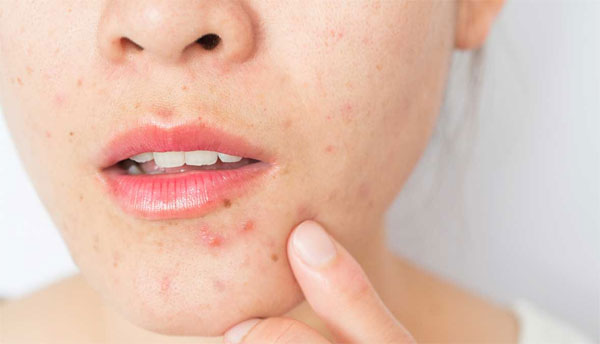I need your advice on my long-term pimples which have been on my face for up to 3 years now. I will appreciate it if you can let me know if there are any cream, lotions or other things I have to do in order to clear my face. I am 19 years old.
Blessed. (by SMS)
Acne breakouts can happen anywhere on your skin. The most common sites include the face and neck, shoulders, back, and chest. Your skin has tiny holes called pores that can become blocked by oil, bacteria, dead skin cells, and dirt. When this occurs, you may develop a pimple, sometimes also called a zit or blemish. If you get pimples often, especially several at once repeatedly, you may have acne. In other words, acne is the skin condition that causes pimples. Acne is very common. While acne doesn’t pose a serious risk to your overall health, it can still be painful, particularly if you have severe acne. Over time, acne might also cause scarring.
There’s no denying that acne can contribute to emotional distress. Acne and acne scars on your face and other visible body locations can affect self-esteem and self-confidence, and they can even contribute to feelings of anxiety or depression. If you live with acne, know that it’s a common condition. Keep in mind, too, that acne is very treatable. A number of effective treatments exist, so you have options for reducing the number of pimples you get and minimizing your chances of scarring.
That said, they do recognize a number of risk factors can contribute to or worsen acne, including: hormonal changes due to pregnancy or puberty, polycystic ovarian syndrome (PCOS) and other endocrine conditions, cigarette smoking, poor sleep, stress, cleansers, creams, moisturizers, and other beauty products with high oil content, certain medications, including lithium, some types of hormonal birth control, anticonvulsants, and steroids, a family history of acne. Since you are still a teenager, you have the highest risk of developing acne during puberty.
During this time, your body undergoes many hormonal changes. These changes can trigger oil production, leading to an increased risk of acne. Hormonal acne related to puberty usually improves when you reach adulthood, and your breakouts may even stop completely. In addition, avoidance or reduction of certain foods or diets may reduce the incidence of pimples. These include; refined carbs and added sugars as well as certain milk products, like milk and ice cream.
In addition, you should avoid touching your face and never squeeze or pick pimples. It makes scarring more likely, and it can also spread bacteria and excess oil. Getting treatment for acne sooner rather than later can also help prevent scarring. If you’ve already noticed some acne scars, a dermatologist can offer more guidance on treatments to help minimize the appearance of scarring.
It’s not always possible to completely prevent acne, but you can take certain steps at home to help lower your chances of getting pimples or acne breakouts; Wash your face daily with an oil-free cleanser, try an OTC acne cleanser to help remove excess oil, use water-based makeup or products labeled, eat a balanced diet, and stay hydrated while taking important steps to reduce stress. If all these do not help, kindly see a Skin specialist (Dermatologist) for help.
READ ALSO FROM NIGERIAN TRIBUNE






